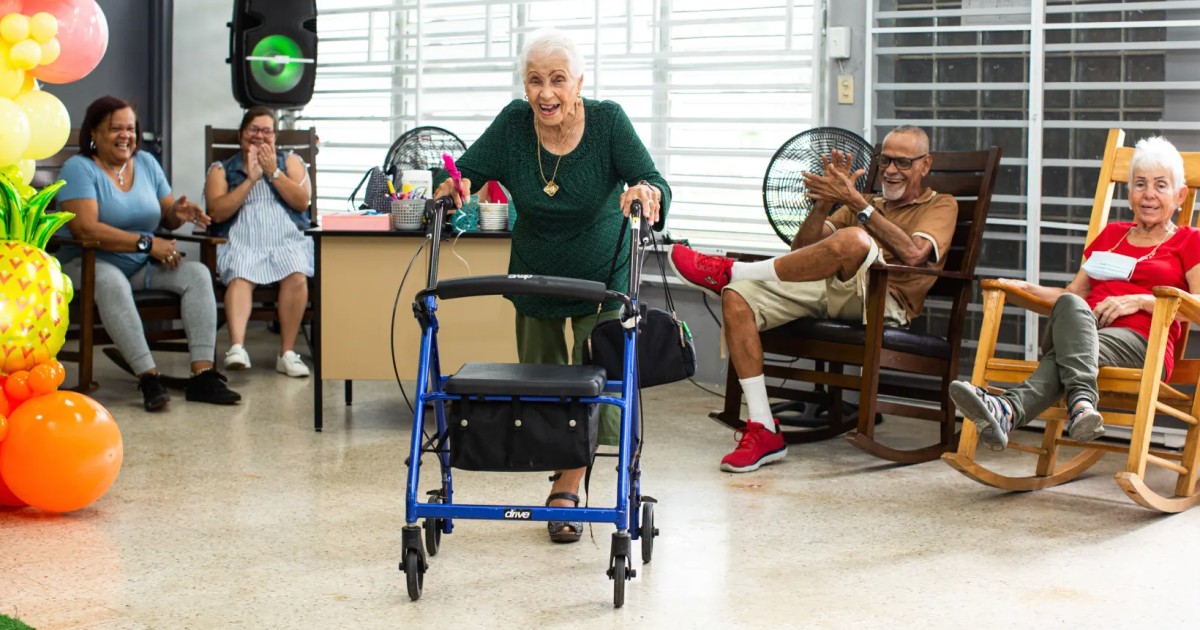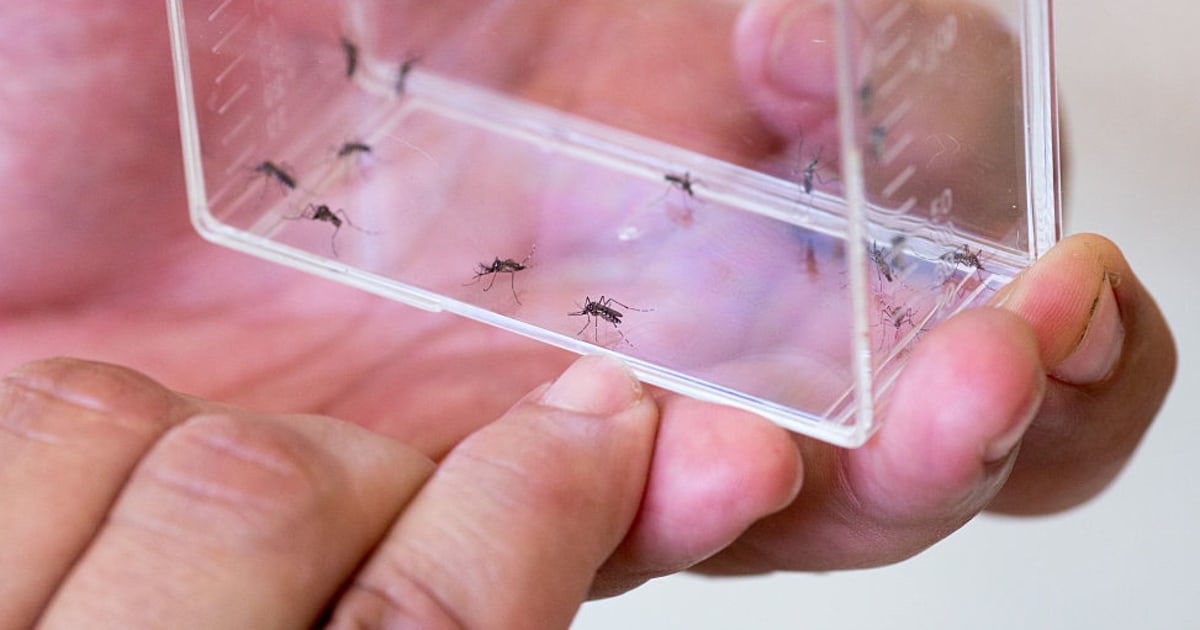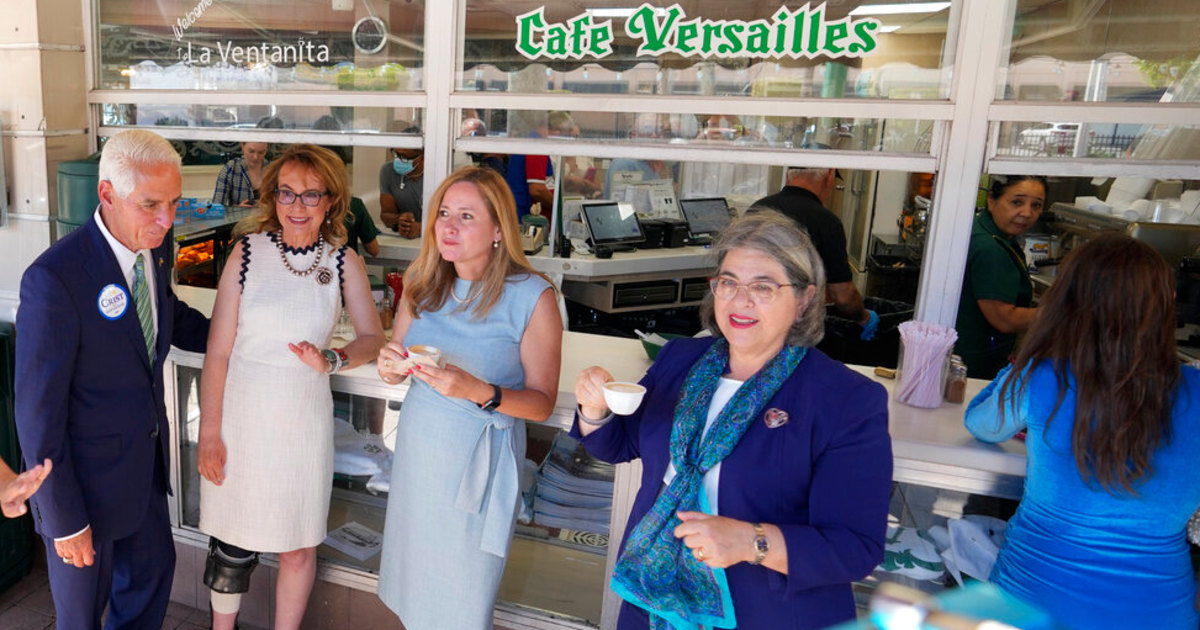By Nicole Acevedo — NBC News
SAN JUAN, Puerto Rico — A health care worker becomes the bridge between a father with dementia here in San Juan and his daughters in the continental United States. A church starts a charity to coordinate emergency and long-term services for the elderly. And a 74-year-old woman watches her once-bustling hometown now with one of the island's highest concentrations of older adults begin to fade.
Puerto Rico is aging faster than most places in the world. What exacerbates this trend is the exodus of more than 700,000 working-age Puerto Ricans, ages 20 to 64, over the past 15 years, explains Amilcar Matos-Moreno, a postdoctoral researcher at Pennsylvania State University's Population Research Institute.
The U.S. territory is the first place, according to Matos-Moreno, that is experiencing such a rapid aging of its population due to recent migration.
[Nurses who immigrated to the U.S. under false promises of work and face lawsuits to quit]
Older adults who would traditionally rely on multigenerational family networks now find themselves alone, with fewer or no close relatives, and more dependent on caregivers and social service institutions. The biggest challenge is determining who manages and coordinates essential services for older Puerto Ricans when they can't stand up for themselves.
Mayra Ortiz Tapia, a clinical gerontologist, believes that "95% of families in Puerto Rico are dealing with this" right now.
About 741,000 Puerto Ricans are 65 or older, according to U.S. Census data. That's about a quarter (22.7%) of the island's total population, making its proportion of older adults the tenth highest in the world, according to Matos-Moreno.





/cloudfront-eu-central-1.images.arcpublishing.com/prisa/RJECWNQSME4ZC4AJX4NFKPPWMY.jpg)








